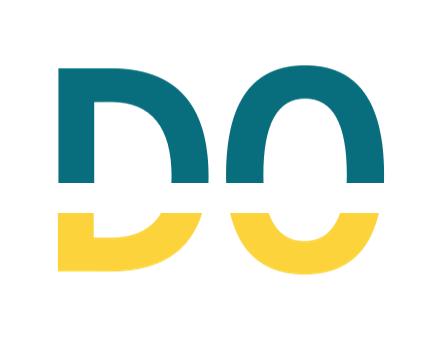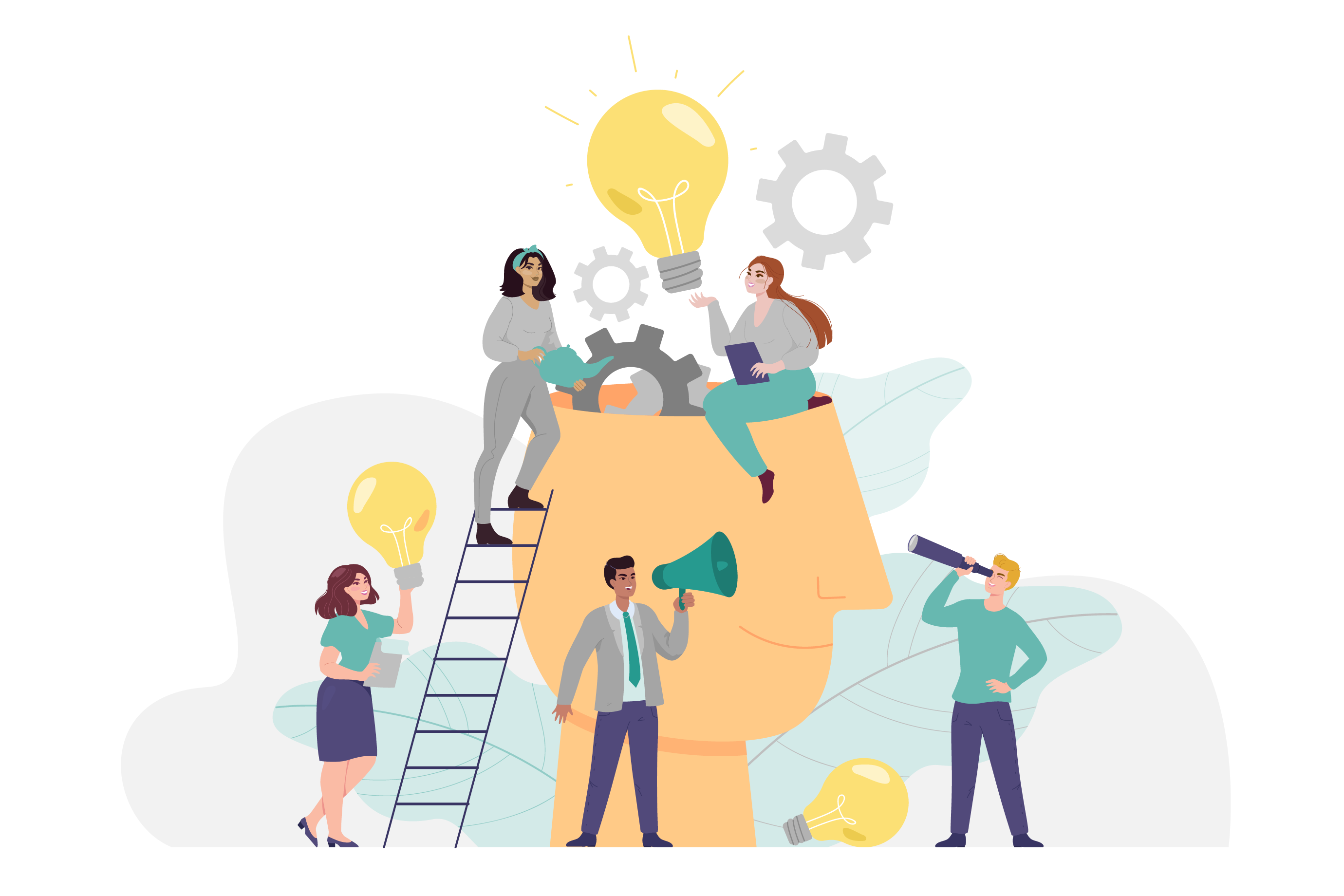Data Literacy is a set of essential skills to be developed within the modern enterprise to be data-driven.
In this article:
- We will first define what data literacy is and list some existing resources on the subject
- We will explain the three key skills to develop as an individual and as a company:
- Understand data
- Work with data
- Communicate with data
Definition of Data Literacy
Data Literacy, according to Gartner, is the ability to read, write and communicate data in context. More concretely, it is the set of data skills that need to be acquired, at the individual and corporate level, for data initiatives to be successful and bring real value to the business. This is the key to a successful data culture.
When a company starts its data literacy journey, it will usually be advised to carry out an assessment, to define the best learning strategy to close the skill gap.
There are some very interesting resources that share different assessment frameworks. Among others:
- Jane Crofts proposes to position individuals on a scale of 6 levels for each of the 18 competencies divided into 4 domains: data concepts & culture, reading, writing and comprehension.
- Jordan Morrow proposes 4 axes to develop, at different levels of subtlety depending on one’s job: reading data, working with data, analysing data and communicating with data.
- Ben Jones proposes an individual assessment with 4 categories: knowledge, skills, attitude and behavior. And another assessment at team level, which gives a score positioning the teams on a 5-level maturity model.
To adapt to companies of all sizes, and to allow even more flexibility to use these frameworks, we propose to focus on 3 key skills.
When it comes to fostering a data culture, it really comes down to these three skills:
Understand data
Imagine that you have just started a new job as a data scientist. You are invited to a meeting with some people to talk about testing a new data tool: Metaflow. You may well have no idea what Metaflow is, let alone how to test it. The skill “understand data” does not mean knowing everything about everything. Instead, it will be a question of understanding how a data initiative in the company (Metaflow here) will enable you (or not) to do your job better.
“Understanding” starts by asking questions, to be at the same level of understanding (not knowledge).
Here it is an example between parties in the same data department. But one can easily imagine that it is even more important to develop this skill when you mix data departments with business departments.
Work with data
Working with data will necessarily involve the use of technology and appropriate tools. But it is possible to complement this technical knowledge with data literacy skills. If we take the example of creating dashboards, working with data will mean working with a visualisation tool such as Power BI or Qlik, but also having a knowledge of the different types of graphs, the correct use of colours and UX/UI design laws.
Not everyone needs to be a data analyst. But every data analyst must be able to do their job in such a way that what they produce will be beneficial and understandable to the rest of the company.
Communicate with data
The aim is to develop skills such as assertiveness, speaking in public, oral and written presentation, with data as a central tool. It may be a dashboard, a connected object or a new algorithm. The aim is to facilitate the understanding and adoption of this data product. This communication skill is beneficial for everyone, as communication always goes both ways, it is also about receiving feedback to further develop the data product.
Data storytelling is a typical skill to develop when we aim at better communicating with data. This discipline is used when one has found an insight, and wishes to share this new knowledge with the intention of influencing a decision.
But we can imagine a series of other questions to ask ourself in order to develop this skill: how can I share my knowledge with my peers and with other departments in the company? Can I explain my role and responsibilities in data to different users? Can I build a business case based on my company’s data?
In conclusion, whatever framework is used, it is important to be able to take ownership of it and gain value from it at the individual and corporate level.

